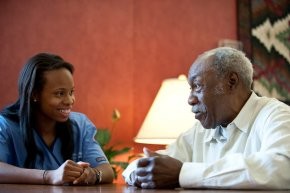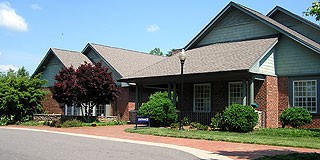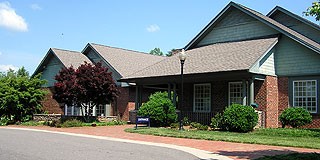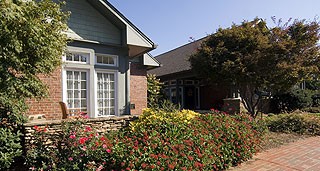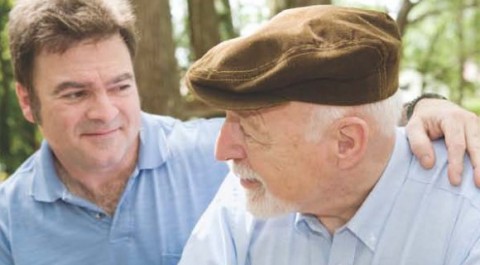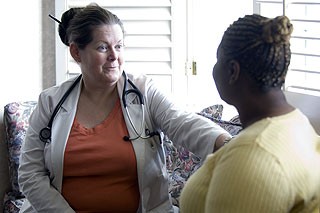Tuesday August 5th, 2014
Health care planning
Health care planning is the process of deciding what you want to include in your advance directive. Once you get past initial feelings of discomfort, you may find that it is a relief to talk about these matters and clarify your attitudes and beliefs. It is ideal to talk with friends, family, and health care providers about your end-of-life choices. It's even better to put your wishes in writing. You can prepare for this process by following these steps:

